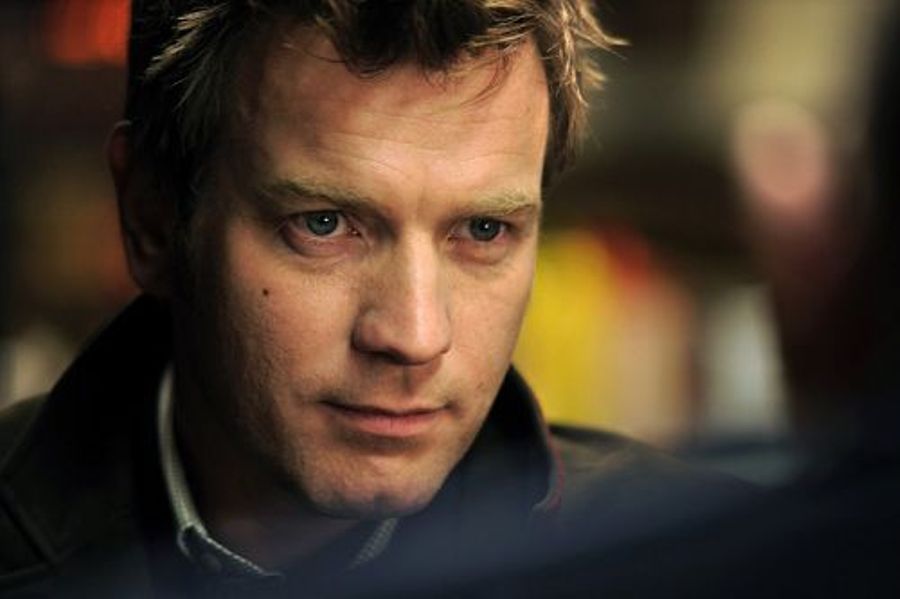
Whatever happened to the political thriller?
Once one of the most reliable sources of smart, gripping, and socially-engaged entertainment (think of Alan J. Pakula’s work in the ‘70s), the genre has slowly faded away, being left behind by a changing industry that’s no longer invested in making mainstream movies geared toward adults.
So for those us fans of the political thriller, all that’s left to do is reminisce about the genre’s golden years, especially the less celebrated ones, those gems neglected by the canon, the great movies in need of rediscovery – something this list can hopefully help achieve.
10. The Day of the Jackal (1973)
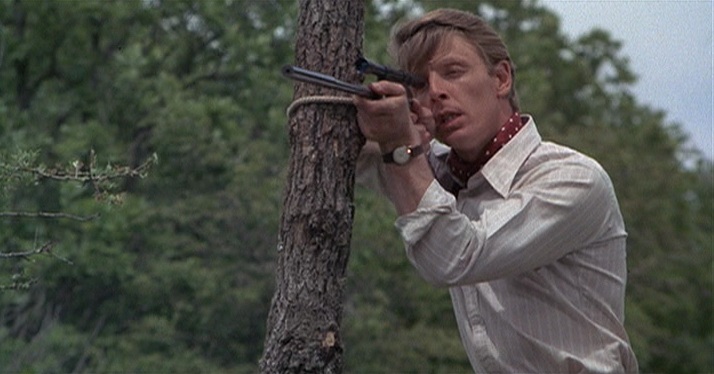
One of the most fascinating aspects of the political thriller as a genre is how it serves as a very accurate barometer of the paranoias of an era – one need only take a look at the political thrillers of each decade to realize what were the main concerns of the time.
“The Day of the Jackal” is the direct product of one of the great collective traumas of the ‘60s: the epidemic of assassinations. After a decade that saw so many of its most prominent figures gunned down in public by assassins, it was only natural that the concept of assassinations would become part of the collective subconscious – something this movie addressed better than any other, before or since.
It’s a marvelous procedural, one of the purest ever made, in the sense that it’s ruthlessly devoted to its own internal mechanics and everything else is superfluous. So what it lacks in character development, it more than makes up for in extensive detail into the process of an assassination, following every single step, from planning to execution – all delivered via incredibly precise, hall-of-fame editing.
9. Foreign Correspondent (1940)
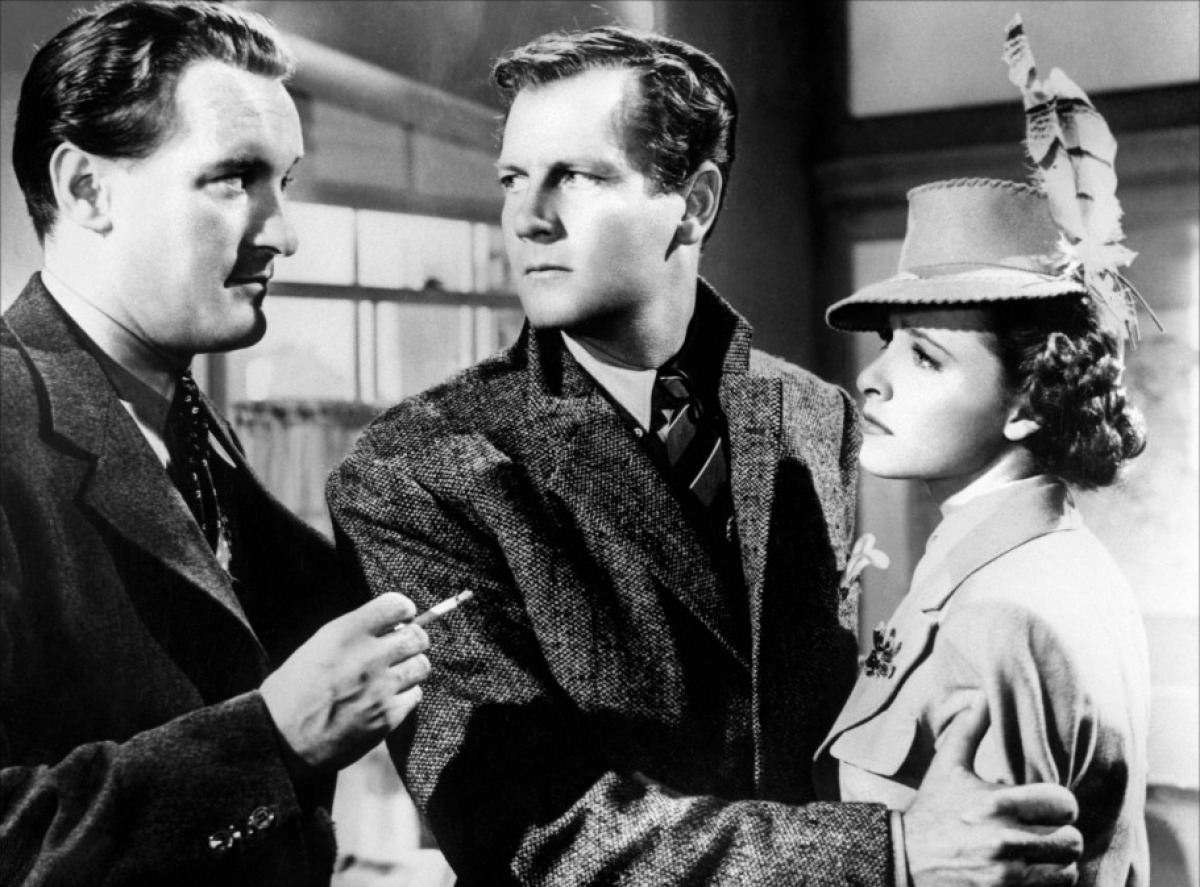
Perhaps the greatest examples of the political thriller as a reflection of troubled times are the stealth war propaganda movies of the late 1930s and early 1940s – ostensibly made as regular commercial pictures, but with the sole purpose of encouraging the war effort.
One of the best of the bunch is Alfred Hitchcocks’s “Foreign Correspondent,” his second American feature and one that actually predates the United States’s involvelment in World War II. Which is maybe why this movie is such a standout in comparison to most other narrative war propaganda films, because it was less bound by the necessity to pontificate at all times and instead focuses primarily on functioning as a piece of cinema.
There’s no shortage of patriotic speeches here to be sure, but “Foreign Correspondent” works mainly as a pure thriller, featuring some of Hitch’s greatest ever set pieces – especially, of course, the climactic plane crash that was an absolute technical marvel for its time.
8. Missing (1982)
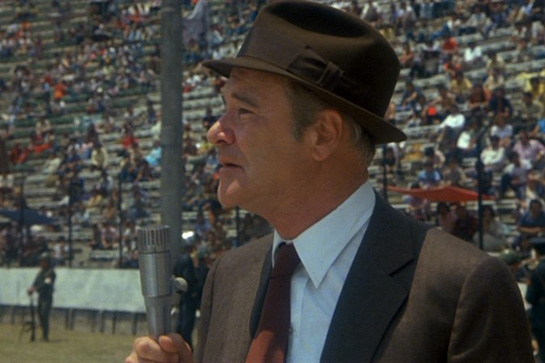
Greek filmmaker Costa-Gavras made one of the finest, most renowned political thrillers of all time with “Z” – the rare foreign film to be nominated for Best Picture at the Oscars, such was its worldwide critical adoration.
The closest he ever came to that level of widespread acclaim again was with “Missing,” another Oscar favorite that was also the winner of the Palme d’Or in Cannes – but though reception at the time of its release was effervescent, this movie, unlike “Z”, has not held on to its status as an essential classic, being relegated today to a place of relative cinematic obscurity.
The reasons for this may be that this is a far more conventional film, both narratively and formally: there are no traces here of the unusual structure of “Z” or its frantic editing rhythm. Intead, we get traditional, clearly defined character arcs and a far more restrained formal style. But “Missing” is every bit as involving and thematically rich as anything else Costa-Gavras has ever done – one of the most rigorous investigations of the Pinochet regime that cinema has ever produced.
7. Seven Days in May (1964)
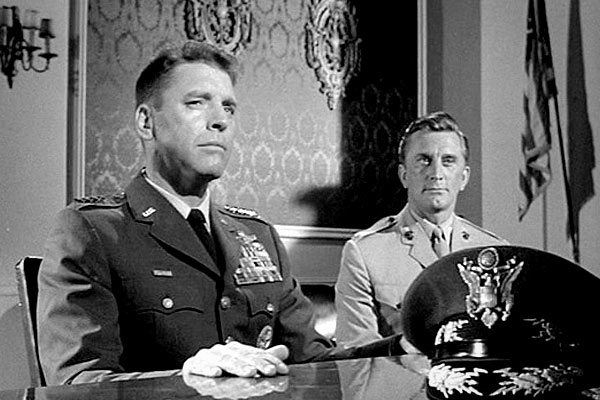
John Frankenheimer is one of the most important founding fathers of the political thriller in cinema; it’s a genre that can be cleanly divided into before and after him.
Of course, Frankenheimer was far from the first filmmaker to mine urgent public matters as material for suspense pictures (as mentioned above, filmmakers like Hitchock were already doing it 20 years earlier), but his particular style came to define most of the stylistic tricks we now associate with the modern political thriller. Basically, his greatest efforts are influential to the point of ubiquity; it’s hard to imagine the celebrated paranoid thrillers of directors like Alan J. Pakula without him.
“Seven Days in May” gets somewhat overlooked due to the ubiquity of “The Manchurian Candidate,” but it’s every bit as impressive as a miracle of tone and aesthetics, functioning perfectly as a straight thriller (tense and propulsive) and as broad satire of the failure of democratic institutions. Also, it’s gorgeously lensed and composed, an endless treat to simply look at.
6. Spartan (2004)
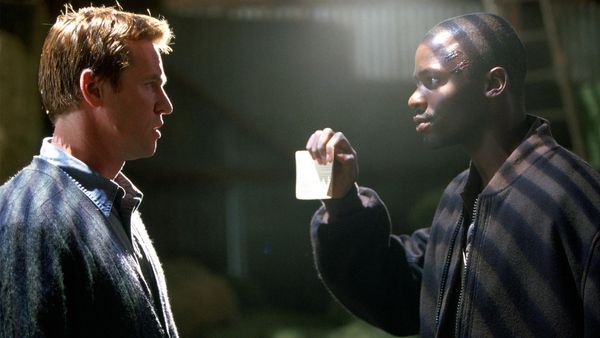
There’s nothing quite like the lean, mean simplicity of a good David Mamet thriller – his best works on film, both as a writer/director and simply as a screenwriter, are the ones where his mastery of language is used in service of pure genre thrills.
Think of “The Untouchables” or “House of Games,” proudly pulpy material that’s absolutely perfect for Mamet’s particular vernacular; his expletive-ridden dialogue and mannered spoken rhythms always work best in an atmosphere of greater artifice.
“Spartan” is one of his very best in that regard: a deliriously entertaining thriller, ingeniously plotted and exquisitely paced, with a terrific sense of information delivery of when to withhold and reveal – a key element in all of storytelling, but particularly essential in thrillers, and yet something very rarely achieved with the easiness of Mamet.